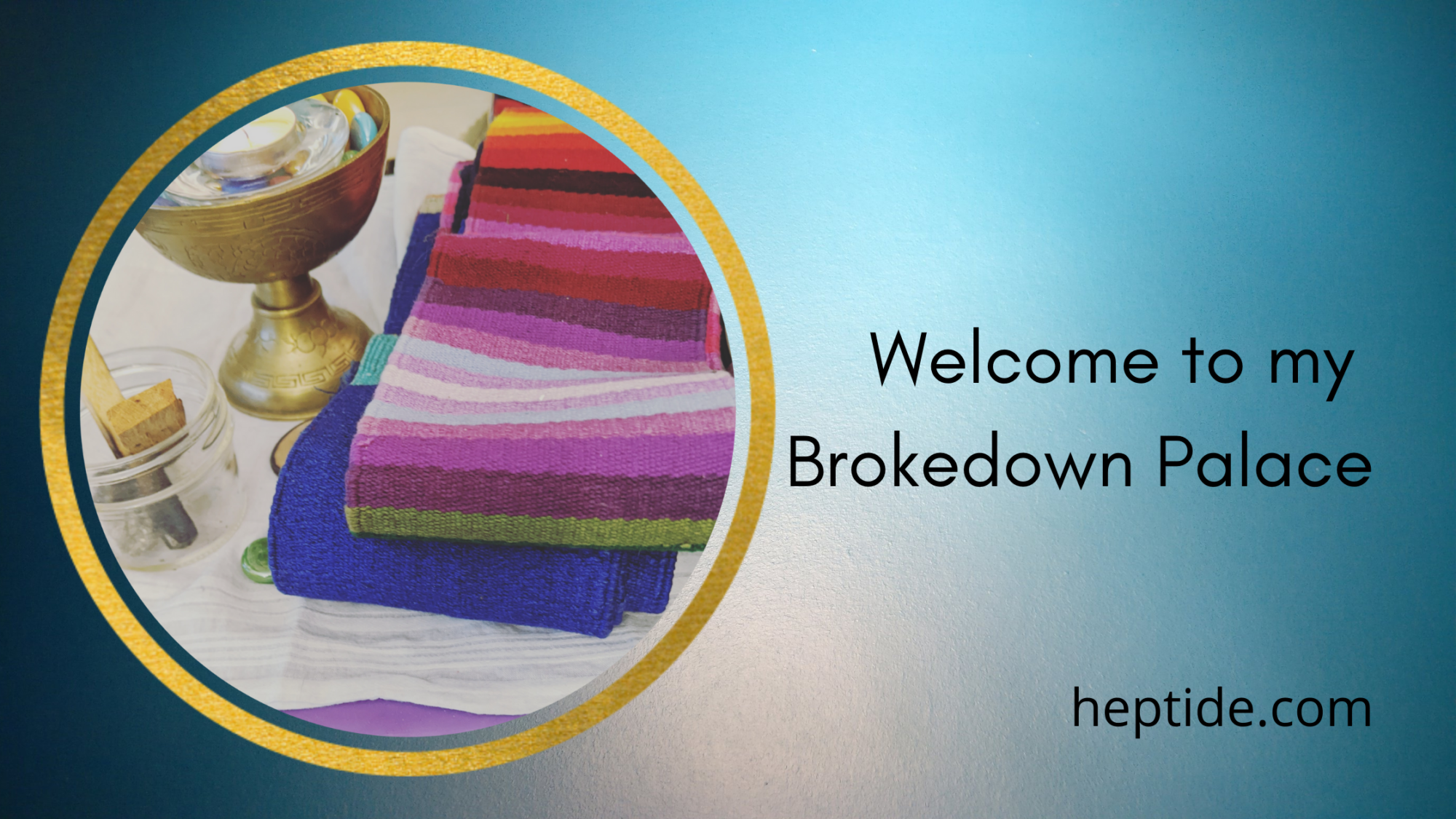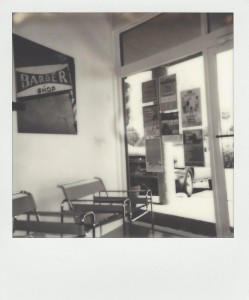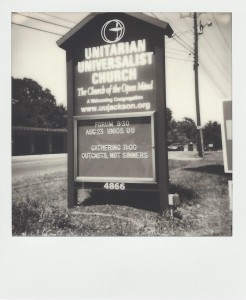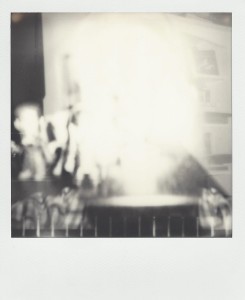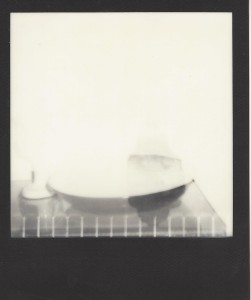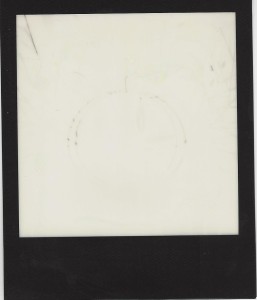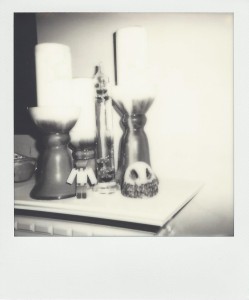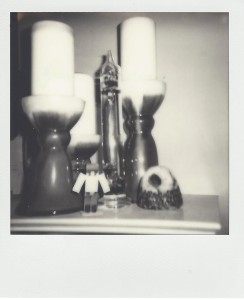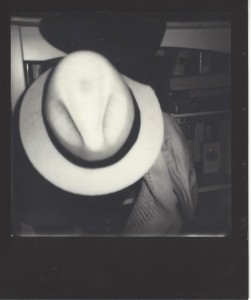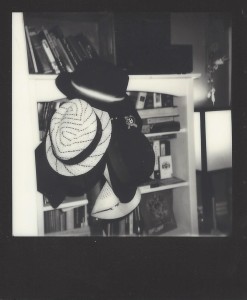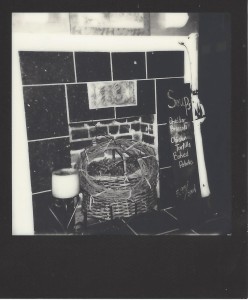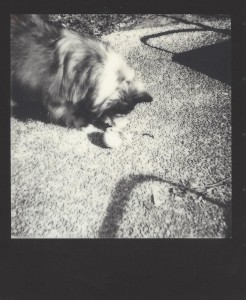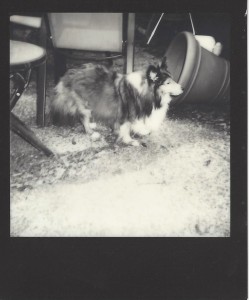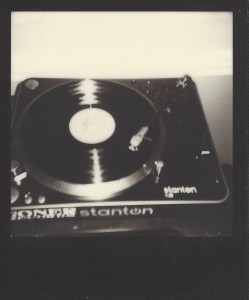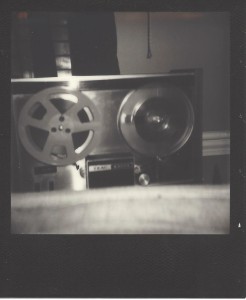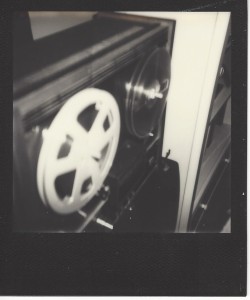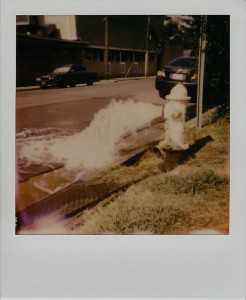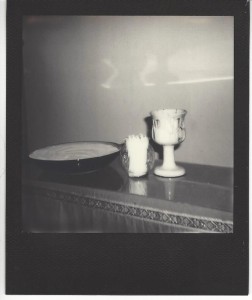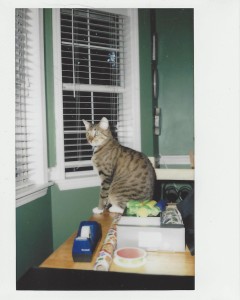Since coming to the Unitarian Universalist Church I have meditated often on reclaiming theological language, I have enjoyed getting to write sermons and blog posts about things like faith, hope, redemption, and salvation. These words have deep theological history and meaning but over the years have been overwhelmed by religious baggage. At the end of the day these ideas are still relevant but we have to be responsible about the way we use them. For me reclaiming a theological heritage that has been hijacked by one group is paramount in the study of theology. And though I would never take away their right to use these terms narrowly it doesn’t mean I have to give them up either.
During the late 90’s into the 2000’s the statement I’m not religious I’m spiritual became popular. The goal of this article is not an incitement of the people who make this statement but to ask the question what is religion? It is an important question because within the culture the terms religion and religious are often spat out like bad fish. So this post will ask, what is this religion we do not want to associate with? It is important to explore this because the current aversion to religion makes clear one basic truth religion is failing people. The second question we will discuss in the latter half of the article is, what is spirituality? Finally we will explore a different understanding of true religion.
I find it easier to understand the negative usage of the term through a series of basic images. The first that comes to mind is luxury. The preacher makes six figures and has even more hidden off shore. The church has an IMAX Theater and gift shop that sells little crosses that say things like Faith, Hope, and Love, with the name of the church printed on the stand. This church, feeding off of its congregants, looks beautiful, and makes us feel even better while we are inside, whether it positively effects and represents its community or not doesn’t matter, but it sure is sparkly.
The next Image is described by the word Mask. The preacher, the elders, the staff, they are not what they seem to be. They all have their own sins that stay hidden. The congregants are the same. They act one way in church and a different way at home or at work. They talk about helping the poor, but take few actions, they mention freedom but rest in control. This church is not about making the community better, but about making its members look better. In fact they all live somewhere else and drive in. They revel in the theology, “Do what I say not what I do.”
The last image I will use is described by the phrase, out of touch. This gospel was for another time. It doesn’t take into account the world in which we live. The congregants aren’t part of the neighborhood like they were when the church was founded, they rest behind gates both in their communities and the church itself keeping the neighborhood from finding its way in. The curriculum screams 1972, and the music no longer has depth. And if you don’t like it they will be happy to quote Hebrew 8 that Jesus Christ is the same yesterday, today and tomorrow. Their god doesn’t like you, and chances are they don’t either, just keep walking.
I suspect there are many people who would not feel accepted in the places I just described. These places are unfeeling, disconnected, and unaccepting. They only care about their issues and they don’t want to change anything because they are afraid of change. These churches are all about what they look like, not what they do. They are luxurious, out of touch places where people where masks. And these practices have been the defining factor of religion for a few decades now. So prevalent in fact that people stopped using the word all together.
But what I find most important about these images is that they are caricatures not real. Don’t get me wrong there are some frustrating churches out there but most churches I walk into, even the out of touch ones with which we don’t agree, are full of people who struggle with life and do the best they can. The descriptions I have given, I do not believe. In fact, I would call them inappropriate and judgmental. If I were to explain them to a copy of myself seriously I would respond with the statement, “Who made you their god, and who gives you the right to judge them?” Though it is these images we use to describe religion as “everything that is wrong with faith.”
Now we have to look at the other side of the matter, spirituality. Merriam Webster defines the word spiritual simply as relating to a person’s spirit. That’s a nice definition and I like it, but will expand on it because I am a minister and that is what I do. Spirituality relates to our individuality, it is a part of who we are as a people. It is our communion with our spirit, and it relates to our core. We all have spiritual practices, many of them are personal, and they all help us understand our meaning and purpose. We do not seek to infringe on someone else’s spirituality with rules and regulations, they can be as orderly or chaotic as one like. Being spiritual is freeing, no one else can say how it should be done for you, but sometime we need others.
Spirituality is very personal, and we choose how much of our personal spirituality to share, but that doesn’t mean we can’t be spiritual together and when we are spiritual together we have to talk about guidelines and basic rules that help us treat each other with respect, which brings us to religion. Religion, when appropriate, becomes a vehicle for spirituality, it is a part of but not the whole. However, religion cannot exist without spiritual people. Religious practice then offers an opportunity to be spiritual together. When we light the chalice, sing together, share joys and concerns, and listen to a sermon, we are being spiritual and since we are doing it together we are being religious too.
Originally the two words were synonyms, but the movement to be spiritual but not religious changed that. I don’t think that was a negative change I think it better helps us understand who we are and our part in the community. It helps us bring a very personal thing into our relationships with others in a way that benefits everyone but protects who we are. Because of this multiple decade conversation I can say very clearly I am a religious person, but I could not be one if I was not first spiritual.
Religion doesn’t have to be close minded, hateful, and set in the old ways. Religion should be as vibrant as the people who practice it, and we as UUs are a very vibrant people, with many different traditions. But when religion becomes a negative force I question then whether it is truly religion anymore. The book of James describes true and faultless religion to be one that looks after orphans and widows. We expand this as UU’s but keep the core of the verse, religion should be about the thi
